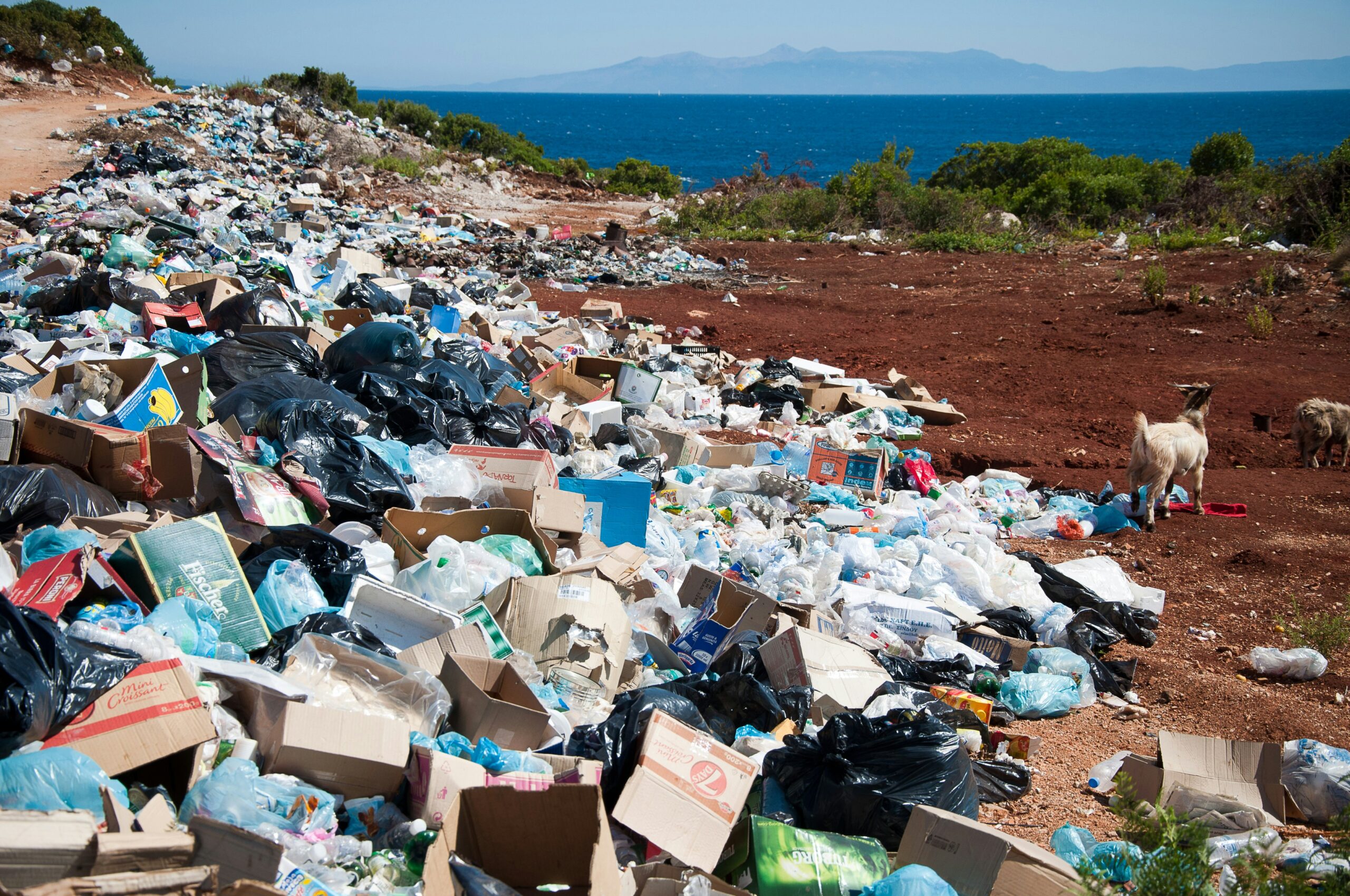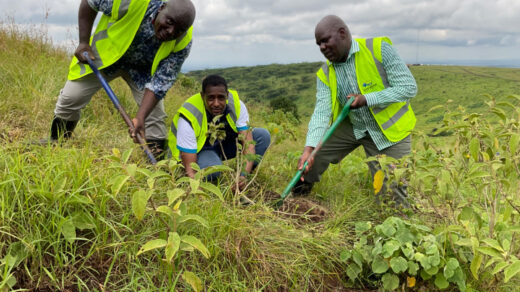Future Waste Management and Pollution Crisis Calls for More Today’s Solid Measures and Actions
Recently on March 30, Kenya joined the rest of the world in commemorating the International Day of Zero Waste. Basically, this is a yearly international day led by the United Nations Environment Programme (UNEP) and the UN Human Settlements Programme (UN-Habitat), aimed at creating and raising awareness of the importance of proper waste management. On the same note, it calls upon everyone to look into ways of responsible consumption and production practices.
A recent report revealed by UNEP indicated that human beings collectively produce between 2.1 billion and 2.3 billion tonnes of municipal solid waste a year. It’s unfortunate that globally around 25 percent of waste is left uncollected, while 39 percent is not managed in controlled facilities. In Nairobi, for instance, currently, the population of the city stands at approximately 5 million, with each individual generating around 0.62 kgs of garbage per day. According to the World Bank, 2000 to 4000 tonnes of solid waste are generated on a daily basis in the Nairobi metropolitan area.
These figures should provoke a sense of reaction in us. Waste pollution as a crisis on its own damages the ecosystem, placing humankind at a greater risk of contracting diseases, especially among the youth and women, bearing in mind that animals are as well prone to it.
While embracing zero waste and ending the destructive cycle of waste, a number of considerations have to be keyed in.
First, we need to check how we manage electronic waste. E-waste is introduced into the environment when an electronic product is discarded after the end of its useful use. By continuing to experience technological advancements and maximizing its usage, we will also be creating a very large amount of this type of waste around dumpsites. A better alternative to tackle this is by reducing the manufacturing of new products while emphasizing the need to repair broken ones and maximize the use of old ones. This can be emphasized by the government’s intervention through policy-making approaches.

An image of carelessly disposed waste. Photo: Antoine GIRET on Unsplash
Secondly, clamping down on plastic use will do us good. In 2017, the National Environment Management Authority (NEMA) introduced a ban on plastic carrier bags to reduce non-biodegradable wastes in the environment. Despite this tremendous measure, we have been immune to the effects brought about by plastic use. The ban on carrier bags was just a drop in the ocean. UNEP confirms that around 85 percent of single-use plastic bottles, containers, cans, and packaging usually end up in landfills or are mismanaged.
From the fact that plastics are not biodegradable, they contribute to major health effects like endocrine disruption, insulin resistance, poor reproductive health, and cancer as microplastics infiltrate food and water sources. Now that it’s somehow impossible to acutely cut the use of plastics that are majorly introduced in households by manufacturers, we should embrace creativity. This means that we should look for ways of recycling already used plastic bottles and containers into something else that’s useful. This form of creativity is slowly creeping in, but it’s unfortunate that it’s yet to be fully embraced as many are still dumping these reusable plastics as wastes.
Thirdly, combating food waste should also be prioritized. It’s saddening that despite 783 million people going hungry, some 19 percent of food available to consumers is wasted annually. Moreover, around 8 to 10 percent of the planet’s greenhouse gas emissions originate from the production of food that is ultimately squandered. In the year 2022, there were 1.05 billion tonnes of food waste generated including inedible parts that amounted to 132 kilograms per capita and almost one-fifth of all food available to consumers. Basically, I believe this is something we can tackle with ease.
Let’s all be cautious with our eating habits by buying only what we need, storing food properly to avoid it going bad, and sharing food before it goes bad. A UNEP report shows that on average, each and every person wastes 79 kilograms of food yearly equivalent to 1.3 meals every day for everyone in the world affected by hunger. We can save these figures by embracing charity works. These are just simple things we can embrace, and by doing so, we would have helped restore our environment.
The National Waste Management Strategy 2015-2030 should revise its strategies and come up with tangible measures that provide a legal framework for promoting and enhancing waste reduction, reuse, and recycling. The Launching of the “Clean Kenya Campaign,” in 2018, an initiative that seeks to improve waste collection and raise public awareness about responsible waste management practices, is not enough. Each household member should step into this fight against waste pollution.
The country should go through the Global Waste Management Outlook 2024 (GWMO 2024) launched by UNEP by highlighting areas that need to be prioritized. As this is put into practice, there is a need for the government to pump in more funds to make sure all the initiatives and projects meant to tackle waste pollution are successful. Let’s all remember that the waste management crisis is not a simple thing the way we have been depicting it at face value for the past years, as it affects each and every member of the household. The future of waste management is right with us today.















